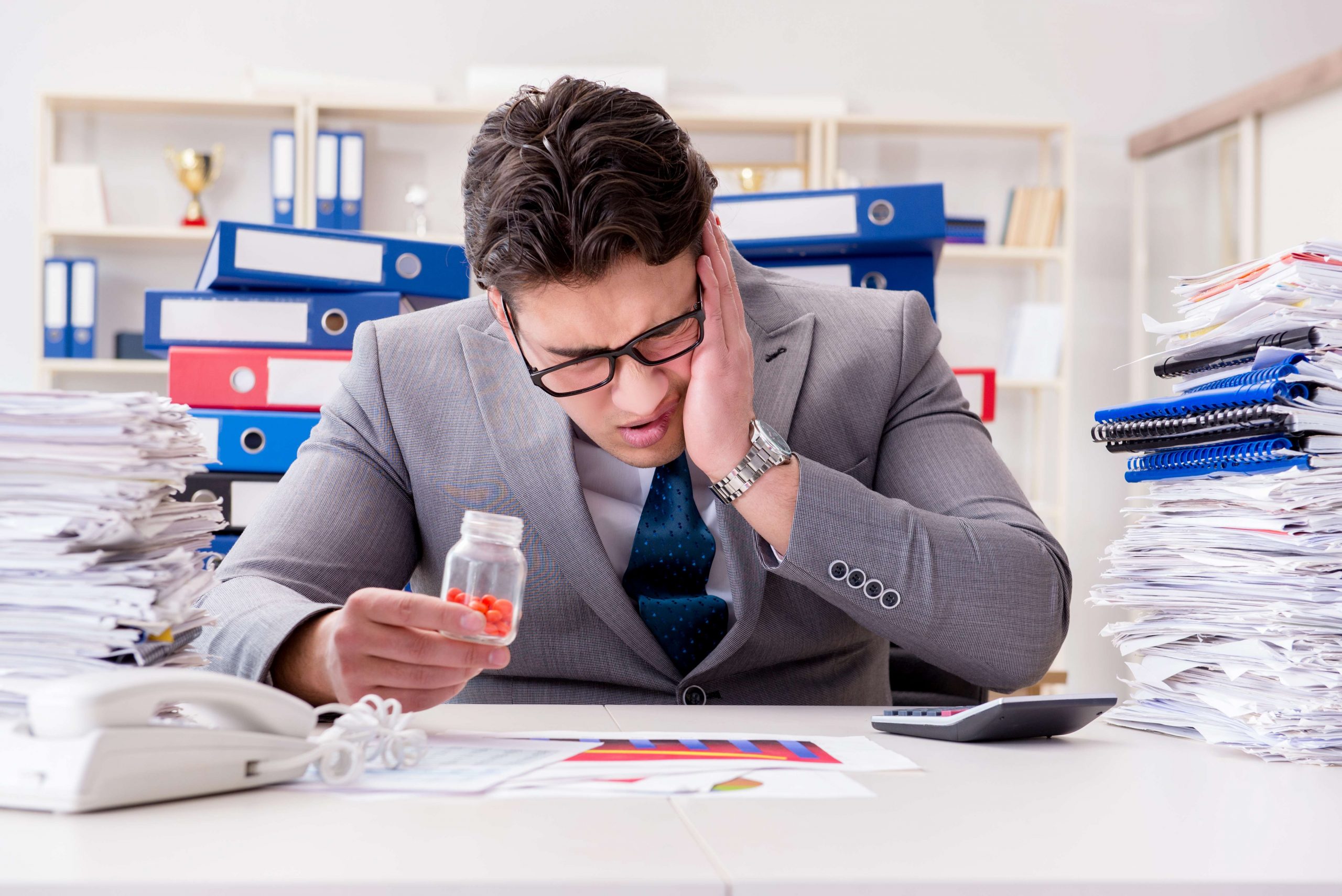On balance, FDA found the available data indicated that there is some credible scientific support for the use of marijuana in the treatment of chronic pain, anorexia related to a medical condition, and nausea and vomiting, with varying degrees of support and consistency of findings. Additionally, no safety concerns were identified in FDA’s review that would indicate that medical use of marijuana poses unacceptably https://capitaltribunenews.com/top-5-advantages-of-staying-in-a-sober-living-house/ high safety risks for the indications where there is some credible scientific evidence supporting its therapeutic use. HHS therefore developed an alternative test composed of those two inquiries as a third, independently sufficient approach for determining whether a substance has a CAMU under the CSA. HHS applied this two-part test to marijuana and recommended a finding that marijuana has a CAMU under the CSA.
Stop drinking if you start to feel bad
Regular drinking can lead to depression, and depressed people are also more likely to drink too much. One study of people with both AUD and depression undergoing treatment for both conditions found that the majority of symptom improvement for both conditions happened during the first three weeks of treatment. Excessive alcohol drinking can also cause problems socially, such as issues with family, school, employment, and friends. This could have a carryover effect on depression since loneliness and lack of social support are linked to depression.
Depression After Drinking
- The mean scores of trait anger and state anger of relapsers are significantly different from the abstainers.
- Drinking to cope with depression, no matter if you have an alcohol use disorder, is concerning.
- Going a step beyond irritability, a person with depression who expresses anger outwardly may become hostile toward others.
- This is due to a rush of the “feel-good” chemical dopamine.
- A 2019 review reveals that depressive disorders are the most common mental health disorders in people with AUD.
A similar pattern of utilization-adjusted abuse rates was seen among cases involving a single substance only during the same time period. DEA believes that additional information arising from this rulemaking will further inform the findings regarding the appropriate schedule for marijuana. DEA has maintained an active review of the scientific literature addressing marijuana with a focus on how it relates to the scientific and medical evaluation and informs any updates to the eight-factor analysis. This article briefly reviews some of the recent literature on the complex interaction between alcohol dependence and the longer lasting anxiety or depressive disorders. The interactions between alcoholism and these disorders are evaluated by posing a series of questions, and the reader is encouraged to review the articles cited in the reference list.
LGBTQIA+ support services:
DOJ acknowledges that there may be large impacts related to Federal taxes and research and development investment for the pharmaceutical industry, among other things. DOJ is specifically soliciting comments on the economic impact of this proposed rule. DOJ will revise this section at the final rule stage if warranted after consideration of any comments received. DOJ is seeking comment on the practical consequences of rescheduling marijuana into schedule III under the relevant statutory frameworks. Data from NPDS provide information on the scope of contacts with a poison center (“PC”) following marijuana abuse relative to abuse of selected comparators. According to HHS, changes in State-level marijuana laws in the United States in the modern era began in 1996 with the approval of Proposition 215, the Compassionate Use Act, by voters in California.
- When that happens, you’re more likely to feel depressed, particularly if you have a family history of depression.
- Sometimes it’s difficult to determine the cause-and-effect dynamic between alcohol and depression.
- “In our society alcohol is readily available and socially acceptable,” says Jill Bolte Taylor, PhD, author of Whole Brain Living, explains.
Alcohol and Depression: The Link Between Alcoholism and Depression
Less commonly reported withdrawal symptoms include depressed mood, sweating, shakiness, physical discomfort, and chills. However, treating most alcoholics’ depressive symptoms might not require the use of antidepressant medications. These medications are not needed to help clear an alcohol-induced mood or depressive disorder. In fact, with abstinence the depressive symptoms are likely to improve in a shorter period of time than would be required for an Sober House anti-depressant to take effect (Brown and Schuckit 1988; Powell et al. 1995). In summary, none of the three types of studies conducted (i.e., family studies, prospective investigations, and studies involving COA’s) proves an absence of a relationship between long-term anxiety or depressive disorders and alcoholism. As briefly discussed earlier in this article, the family studies are far from definitive because of difficulties in the methodologies used.
A good first step would be to reach out to one’s doctor. They may be able to help determine one’s medical needs and perhaps refer them to a suitable rehab center. Additionally, one may consider visiting the SAMHSA treatment locator to search for programs by zip code. In people with a substance use disorder, less than 1% with depressive disorders had substance-induced symptoms. 2019 research suggests that depressive disorders are more common in people with alcohol dependence than in those who engage in alcohol misuse, like binge drinking.

More knowledge about optimal treatments for co-occurring AUD and depressive disorders is needed. Although medication and behavioral therapy have both shown promise, response rates have been somewhat modest. Efforts to enhance treatment outcomes would benefit from investigation into the characteristics of people who do not respond to existing treatments. A better understanding of the heterogeneity within this population will inform more personalized treatment approaches and might ultimately improve treatment response. It can be tempting to drink if you’re feeling unhappy, but there’s a better solution out there. When treating depression and substance abuse, consult with a mental health professional and/or an addiction specialist who can provide resources and recommendations for possible treatment options.

If you or a loved one are in immediate danger, call 911. Kennedy suggests that treatment options can vary depending on the severity of your condition. You might see a therapist in an outpatient setting once a week.
